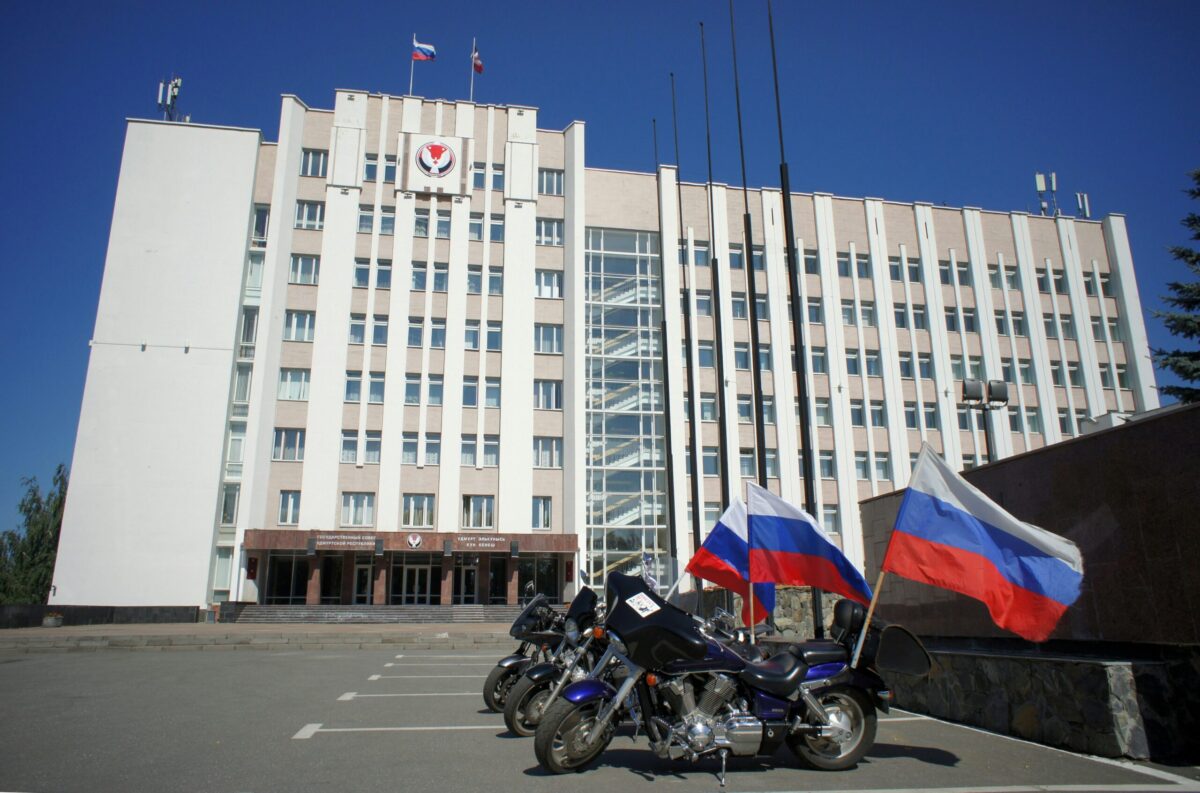Russia has introduced a new law to regulate cryptocurrencies as part of its financial system.
President Vladimir Putin recently signed this legislation, which officially recognises digital currencies as property for foreign trade transactions.
This move is a significant step in how Russia is managing the growing role of cryptocurrency in its economy.
While the law creates opportunities for businesses and miners, it also imposes stricter rules.
Crypto transactions get tax benefits
One of the key aspects of this law is the tax relief it offers for certain crypto activities.
When cryptocurrencies are used in foreign trade within an experimental legal regime (ELR), these transactions are exempt from value-added tax (VAT). This exemption makes it easier for businesses to use crypto for cross-border deals.
Mining income will be taxed in a specific way. Profits earned from mining digital currencies will be treated as “income in kind”. This means they will be taxed based on the market value of the mined coins.
Miners can subtract their expenses, such as the cost of equipment or electricity, when calculating their taxable income.
Trading crypto is taxed under a two-tier system. Individuals earning up to 2.4 million rubles per year will pay a 13% tax rate.
If they earn more than this, the rate increases to 15%. For companies involved in mining, the standard corporate tax rate of 25% will apply starting in 2025.
However, the law restricts miners and traders from using several beneficial tax schemes. For instance, they cannot take advantage of simplified taxation systems, agricultural tax benefits, or the self-employed status.
This ensures the government has tighter control over how the crypto industry operates.
Stricter rules for miners and traders
The law does not just focus on tax benefits; it also imposes strict regulations on mining activities.
Operators of mining facilities are now required to report details about their clients to the tax authorities. If they fail to do so, they face fines of 40,000 rubles.
This requirement reflects the government’s effort to maintain transparency in the industry and prevent any misuse of cryptocurrencies.
Additionally, traders and miners cannot use simplified methods of taxation, such as the patent system or automated simplified taxation.
These exclusions are designed to ensure that the crypto sector remains under close supervision.
These rules are part of a broader effort by the Russian government to regulate large-scale crypto operations.
In August, Putin signed a different law that required all major mining activities to be carried out by registered entities.
The current law builds on that framework, setting clear rules for how digital currencies can be mined, sold, and taxed.
Why is this happening now?
Russia’s move to regulate cryptocurrencies is not just about modernising its financial system—it is also about responding to international economic pressures.
The country has been dealing with global sanctions and restrictions on its traditional financial systems.
By adopting these laws, Russia aims to use cryptocurrencies as a tool for foreign trade. Exempting mining and sales from VAT could encourage more businesses to adopt digital currencies.
At the same time, the structured tax system ensures the government still collects revenue from this growing sector.
According to analysts, the Kremlin is trying to find a balance between regulating the industry and allowing it to grow.
While strict rules are in place to monitor activities, the government is also making it clear that it sees potential in digital currencies.
“Russia is trying to position cryptocurrencies as a way to strengthen its economy during tough times”, said an expert on the subject.
The new law will take effect as soon as it is officially published. While some provisions will be introduced later, the overall aim is clear: to integrate cryptocurrencies into the Russian economy in a controlled way.
Although these changes create new opportunities for businesses and miners, they also bring challenges.
The strict regulations and reporting requirements may discourage some operators, while the limited access to tax benefits could restrict flexibility.


